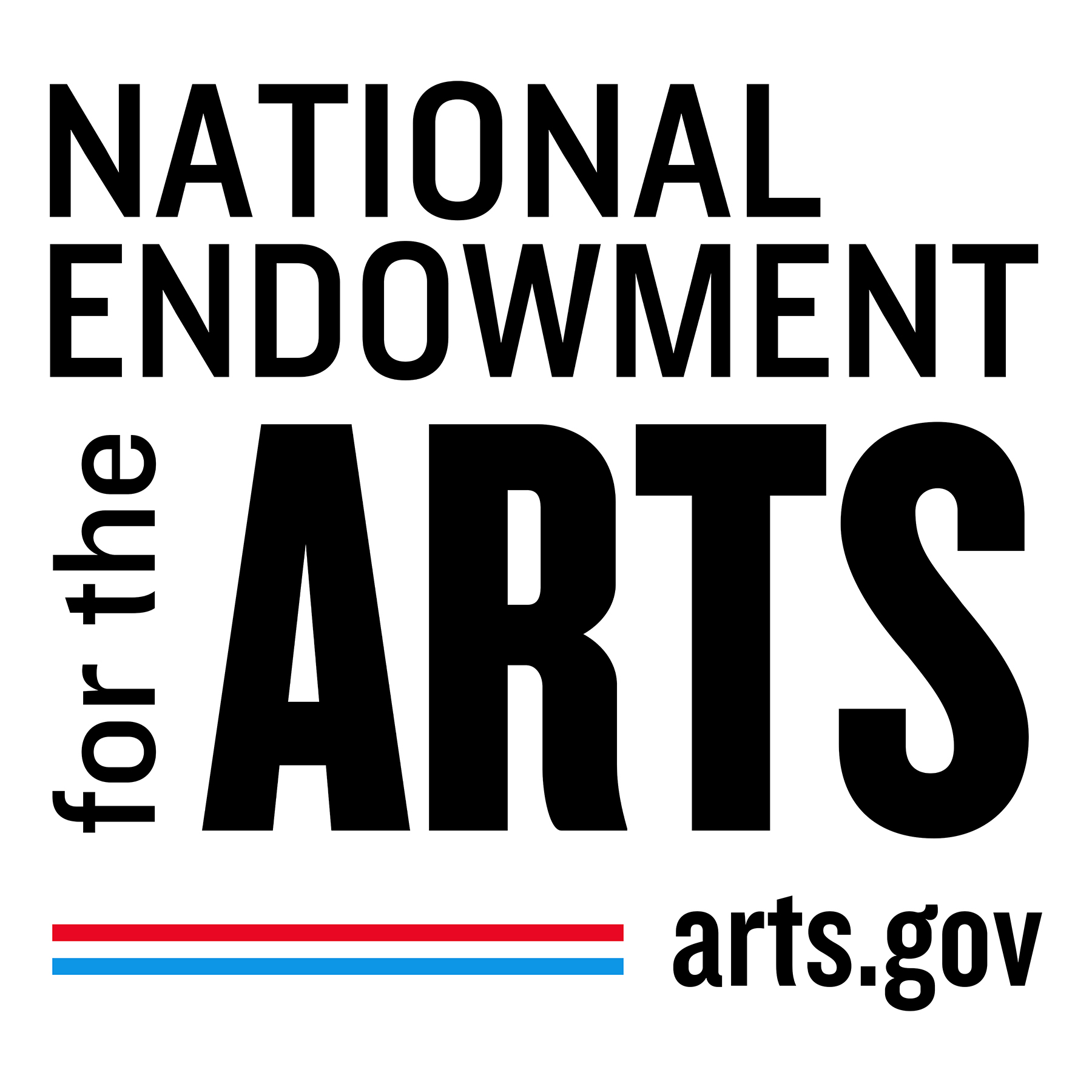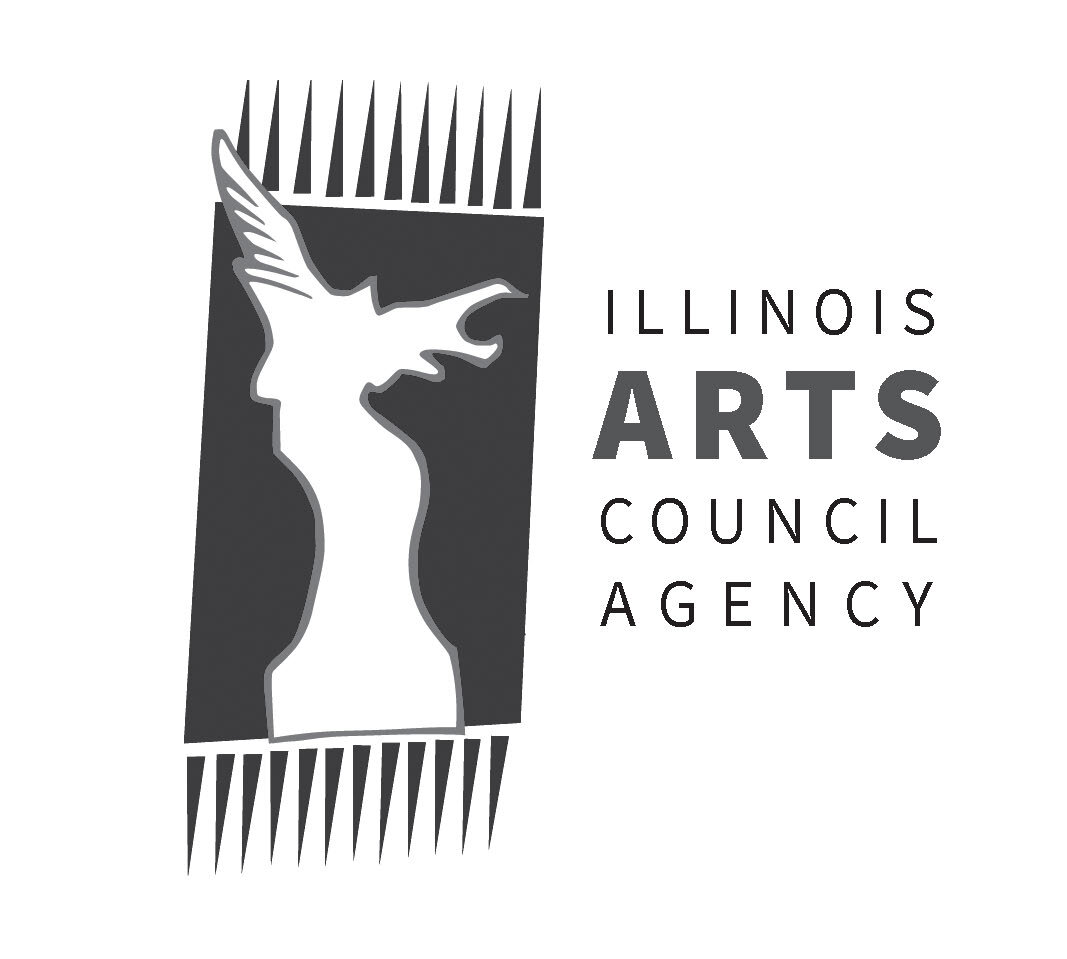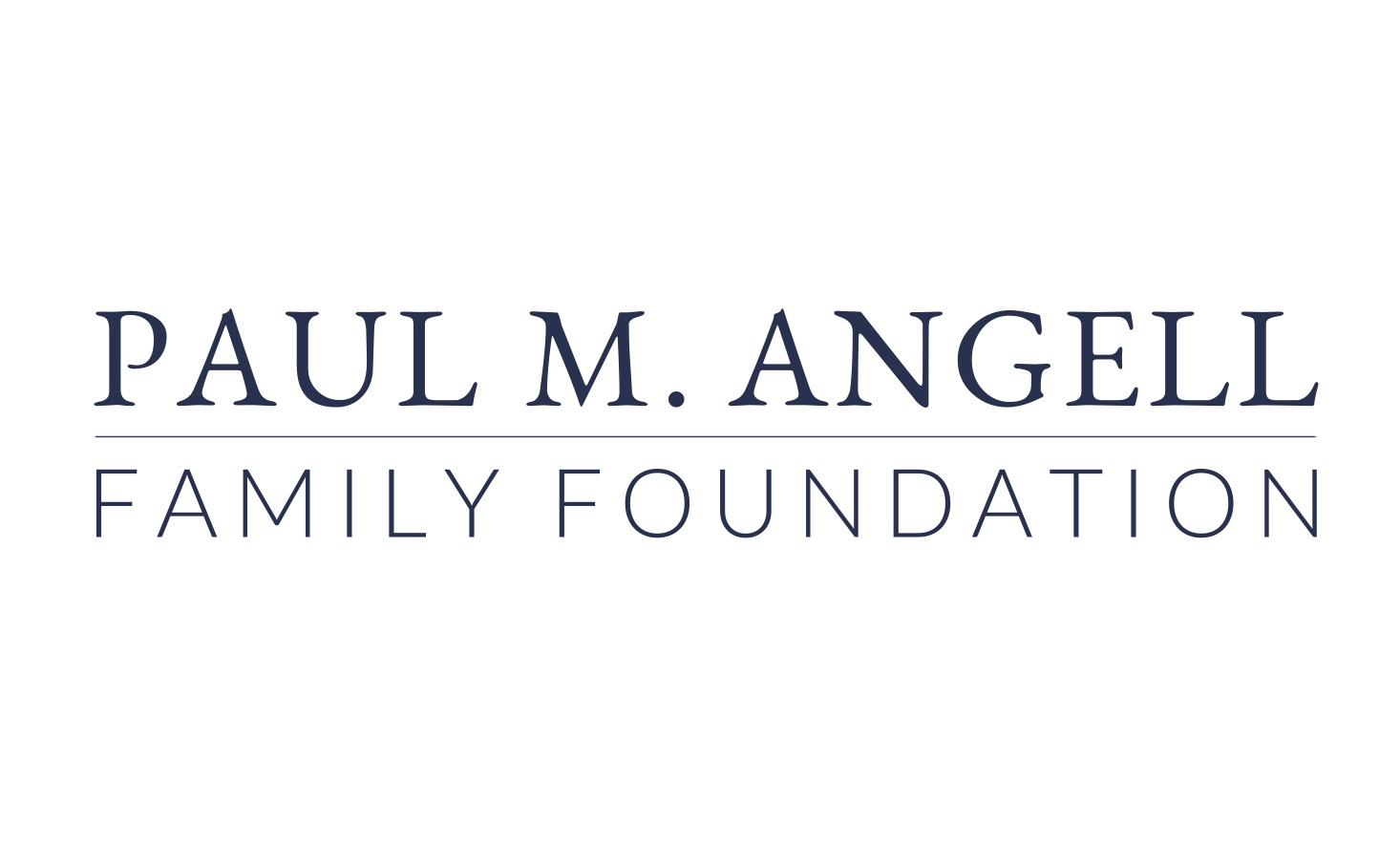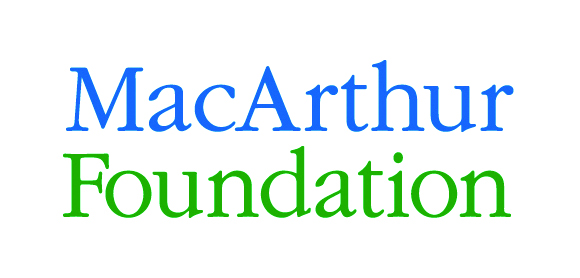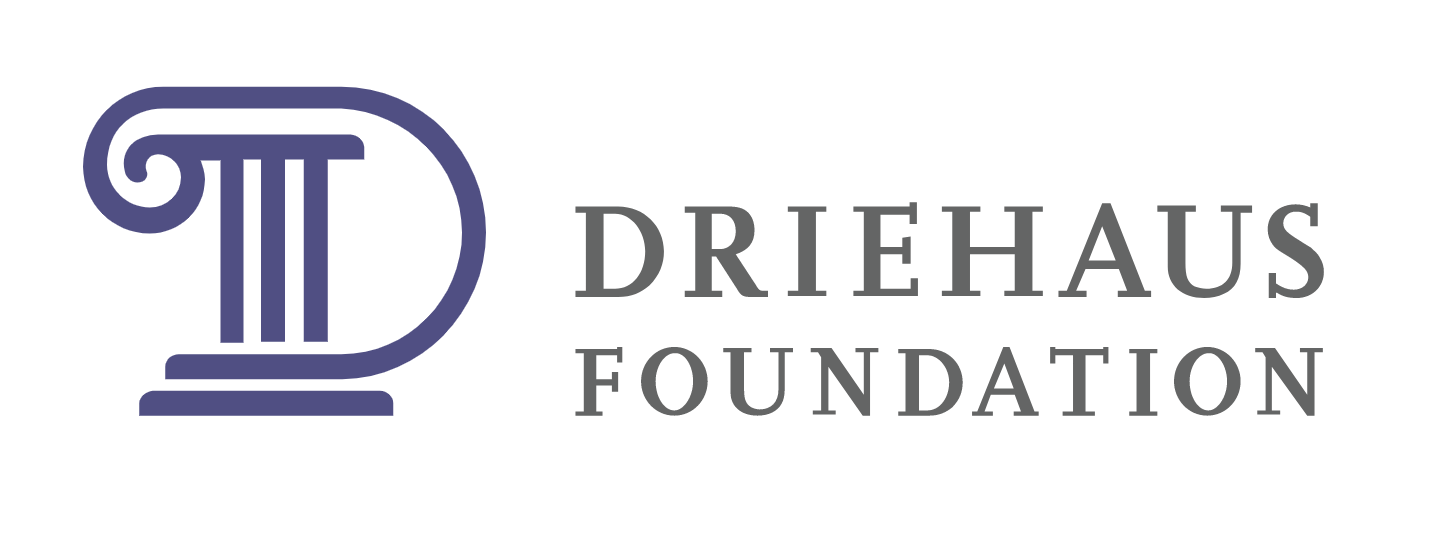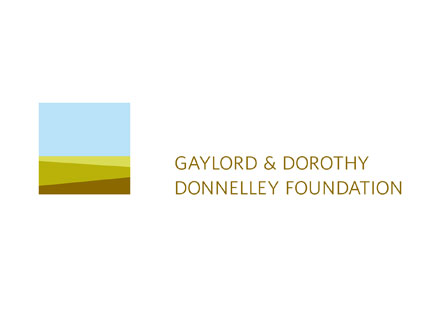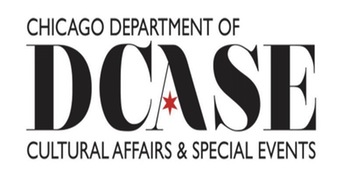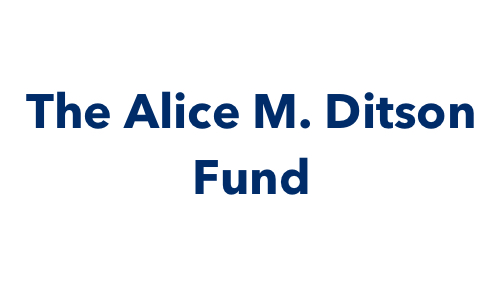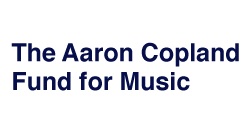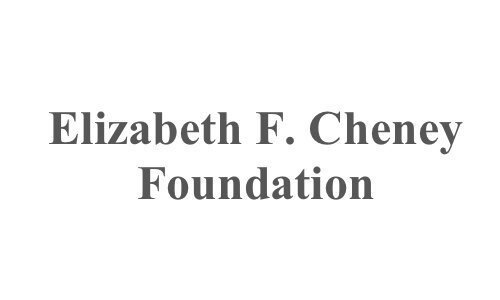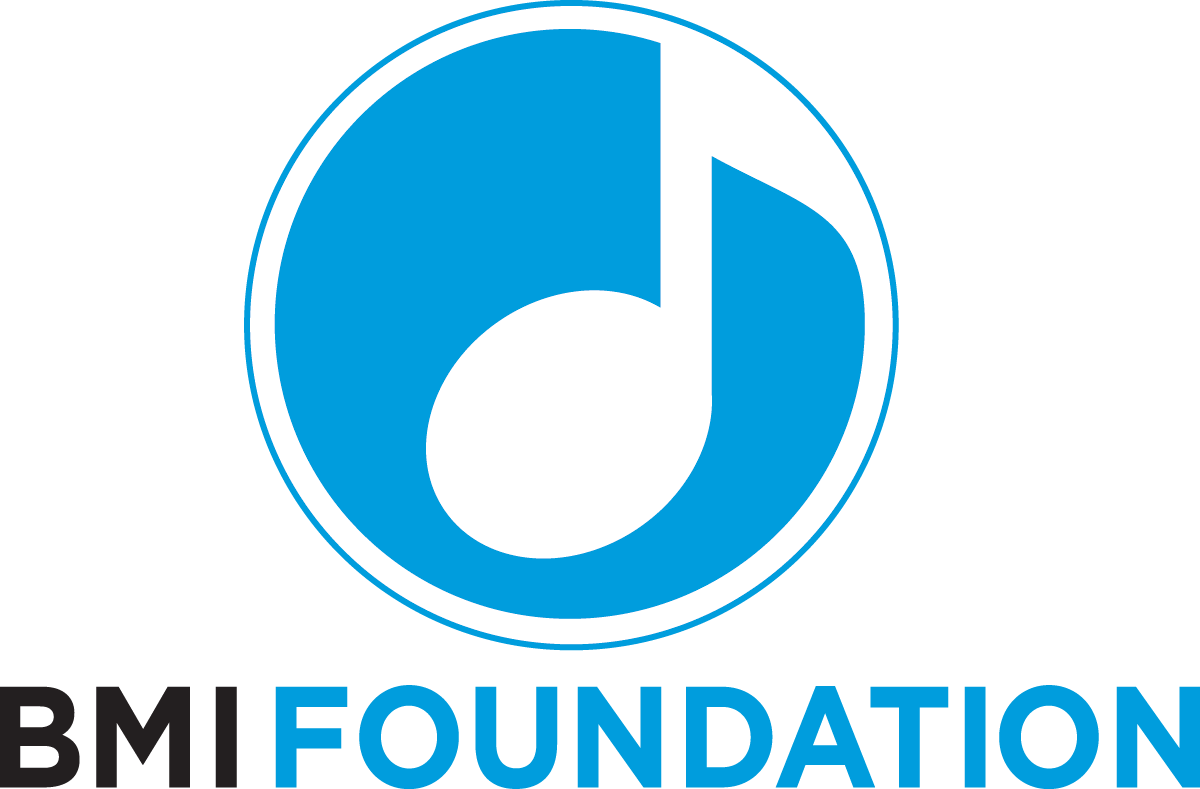We’re back at the Chicago Humanities Festival for an unconventional, ecologically-driven collaboration with acclaimed scientist and author Robin Wall Kimmerer at Chicago’s historic Café Brauer!
A single piece of music comprises the performance: Plain, Air, composed by Guggenheim fellow Tonia Ko and commissioned by Chamber Music America for us. Created in partnership with Chicago-based land conservation organization Openlands, Plain, Air is both a celebration of – and meditation on – Chicago’s dynamic lakeshore ecology.
When considering possible collaborators for this Humanities Festival appearance, one name quickly surfaced at the top of our list. An enrolled member of the Citizen Potawatomi Nation and author of the New York Times best-selling book Braiding Sweetgrass: Indigenous Wisdom, Scientific Knowledge and the Teachings of Plants, Robin Wall Kimmerer is celebrated internationally for her inviting and evocative perspective on humans’ reciprocal relationship with their environment.
Rather than simply splitting the event with Dr. Kimmerer, she will interweave Plain, Air with spoken reflections, segmenting the movements of the quartet like chapters of a book, inspiring you to consider your own connections and dis-connections to the natural world.
Plain, Air is made possible with the generous support of Openlands
About Robin Wall Kimmerer
Robin W. Kimmerer is a mother, plant ecologist, writer and SUNY Distinguished Teaching Professor at the SUNY College of Environmental Science and Forestry in Syracuse, New York. She serves as the founding Director of the Center for Native Peoples and the Environment. She is active in efforts to broaden access to environmental science education for Native students, and to create new models for integration of indigenous philosophy and scientific tools on behalf of land and culture. She is the co-founder and past president of the Traditional Ecological Knowledge section of the Ecological Society of America. Dr. Kimmerer serves as a Senior Fellow for the Center for Nature and Humans. Of European and Anishinaabe ancestry, she is an enrolled member of the Citizen Potawatomi Nation. Her essays appear in Whole Terrain, Adirondack Life, Orion and several anthologies. She is the author of Gathering Moss which incorporates both traditional indigenous knowledge and scientific perspectives and was awarded the prestigious John Burroughs Medal for Nature Writing in 2005. Her latest book Braiding Sweetgrass was released in 2013 and was awarded the Sigurd Olson Nature Writing Award.
About Tonia Ko
Tonia Ko’s creative evolution is largely guided by three conceptual pillars: texture, physical movement, and the relationship between melody and memory. These ideas permeate her recent works across a variety of media—from instrumental solos and large ensemble pieces, to paintings and sound installations. No matter how traditional or experimental the medium, Ko's work reveals a core that is at once whimsical, questioning, and lyrical.
Recipient of a 2018 Guggenheim Fellowship, Ko’s music has been lauded by The New York Times for its “captivating” details and “vivid orchestral palette.” She has been commissioned by leading soloists and ensembles, and performed at venues such as Walt Disney Concert Hall, Carnegie Hall, Kennedy Center, and the Tanglewood Music Center, Aspen Music Festival, and the Santa Fe Chamber Music Festival. Internationally, her work has been featured at the Huddersfield Contemporary Music Festival, Royaumont Académie Voix Nouvelles, Shanghai Conservatory New Music Week, Young Composers Meeting at Apeldoorn, and Thailand International Composition Festival. Ko has received grants and awards from the Barlow Foundation, Fromm Music Foundation, Chamber Music America, American Academy of Arts and Letters, Broadcast Music, Inc. (BMI) as well as residencies at MacDowell Colony, The Copland House, and Djerassi Resident Artist Program. She served as the 2015-2017 Composer-in-Residence for Young Concert Artists.
Presenters of her work encompass a broad range of the music scene. Notable recent projects include Plain, Air for the Spektral Quartet in conjunction with Openlands Lakeshore Preserve, Soothe A Tooth for violist Stephen Upshaw of the Riot Ensemble, and The Sea as Fallacy for Berlin Counterpoint.
In the attempt to follow aural, visual, and tactile instincts in a holistic way, Ko increasingly mediates between the identities of composer, sound artist, and visual artist. This has sparked interdisciplinary connections— most prominently Breath, Contained, an ongoing series of works using bubble wrap as a canvas for both art and sound. Her visual and installation work has been further supported by a residency at the Studios at MASS MoCA in the summer of 2017.
Spektral Quartet’s programming is supported by our members, our donors, and by the following foundations and organizations:




